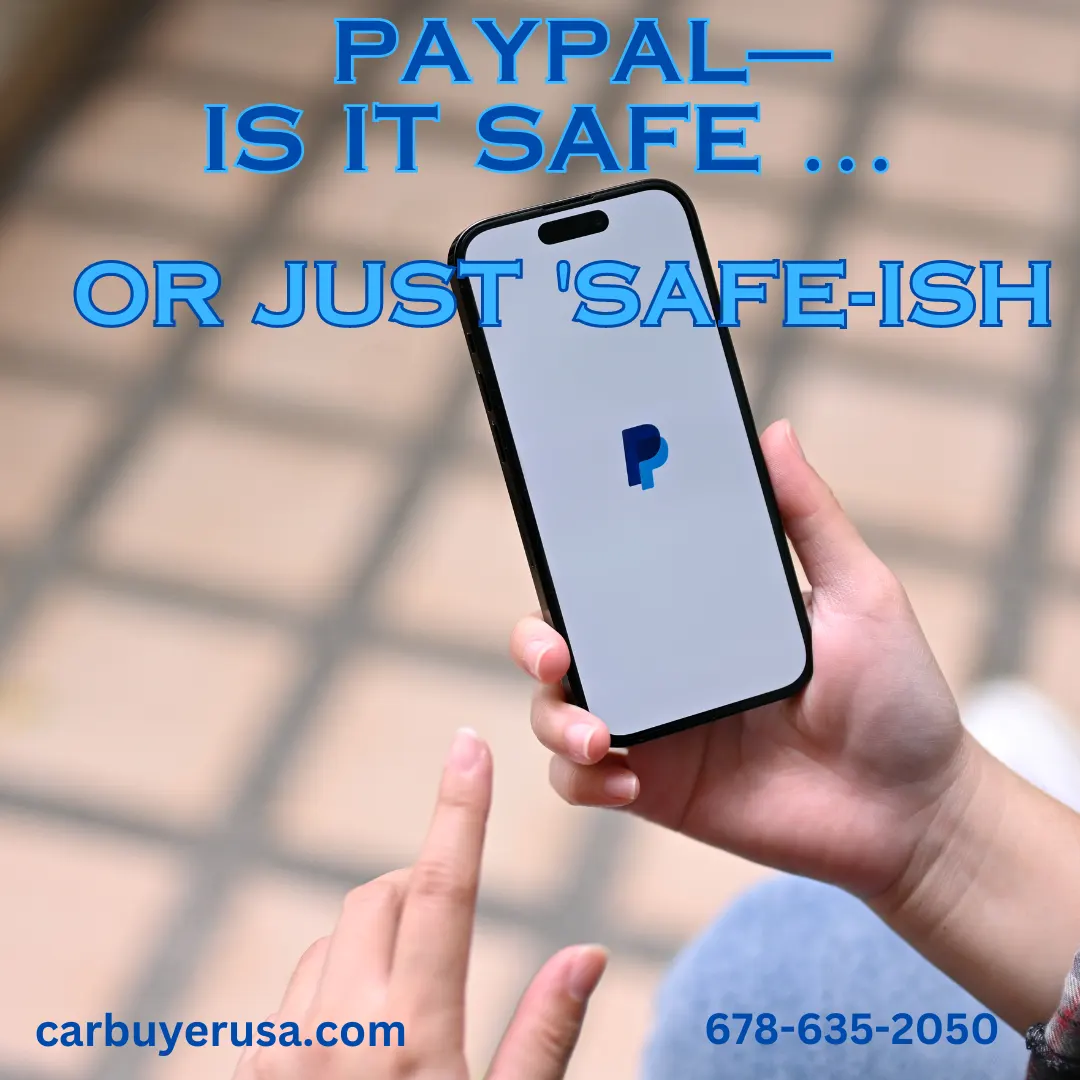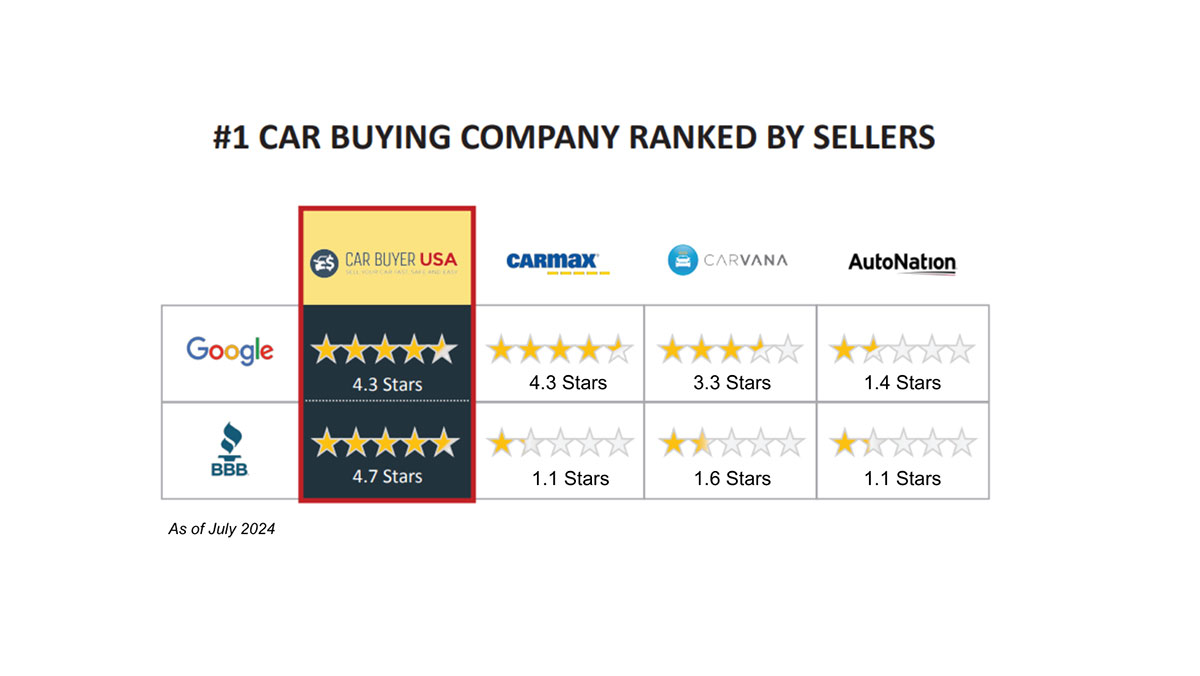
Selling a vehicle using PayPal might seem convenient, but there are several compelling reasons why you should avoid this method altogether. Despite its popularity for online purchases, PayPal is fraught with risks when it comes to high-value transactions like selling a car. Here’s why selling a vehicle through PayPal is a gamble you don’t want to take.
One of the biggest dangers when selling a car with PayPal is the prevalence of scams. Fraudsters often pose as interested buyers, making offers that seem too good to be true. A common scam involves overpayment, where the buyer sends you more money than agreed upon and then asks you to refund the excess. Later, when PayPal determines the original payment was fraudulent or unauthorized, the entire amount is reversed from your account, leaving you without the car and the money. Fake PayPal emails are another frequent tactic used by scammers. They may send a convincing-looking email that appears to be from PayPal, confirming that funds have been sent to your account. However, upon closer inspection, you’ll find no payment was actually received. By the time you realize the deception, the scammer may have already taken your vehicle or received personal information.
While PayPal offers buyer protection, it’s far more favorable to the buyer than the seller in case of a dispute. If the buyer claims they never received the car, or if they allege that it wasn’t in the condition described, they could file a dispute with PayPal. Even if you have done everything correctly, PayPal may side with the buyer and refund their money, leaving you out of pocket. Unlike smaller goods, a car can’t be easily shipped back, so resolving disputes is much more complicated. PayPal’s policies are designed to protect people buying items from online stores, not vehicles. A car sale involves significantly more risk and complexity than a simple e-commerce transaction, and PayPal isn’t designed to handle those intricacies effectively.
One of the most dangerous aspects of using PayPal is that payments can be reversed. Even if the buyer sends you the money and you transfer ownership of the car, PayPal can reverse the transaction later if the buyer files a chargeback with their bank or credit card company. You could be left without the vehicle and without the money, depending on how PayPal handles the dispute. Additionally, PayPal’s "friends and family" feature is sometimes used to avoid transaction fees, but this offers no buyer or seller protection. If the buyer uses this option to send you money, they could claim the payment was unauthorized, leading to a reversal. In cases where the buyer is using stolen financial details, the rightful owner could reverse the payment, leaving you in the same predicament.
PayPal’s fees for receiving large amounts of money can be steep, especially on a high-value transaction like a vehicle sale. On top of risking a fraudulent transaction, you’ll also lose a percentage of the sale to PayPal’s fees. There are far more secure and cost-effective methods of receiving large sums of money, such as bank wire transfers, certified checks, or escrow services, that don’t come with PayPal’s risks. While PayPal is great for small online purchases, it is not a safe or reliable option for selling a vehicle. The risks of fraud, payment reversals, buyer disputes, and high fees make PayPal a poor choice for such transactions. Instead, opt for more secure methods like cash, certified checks, or professional escrow services to ensure that you’re protected during the sale of your vehicle.


